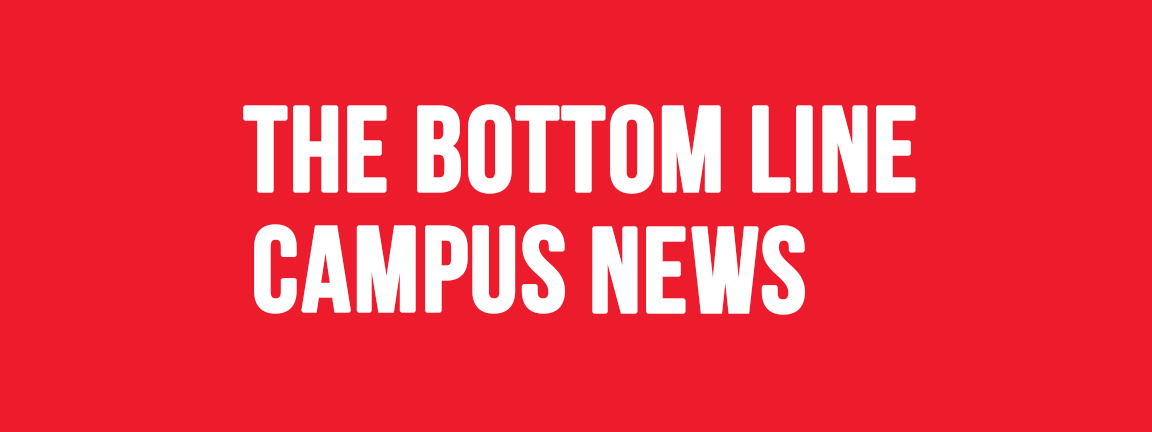Title IX Coordinator Candidates Interviewed by FSU Students, Faculty, and Staff
FSU students, faculty and staff this week interviewed candidates for the University’s new Title IX compliance coordinator. In informal meetings, groups of students asked questions of one candidate Tuesday and a second candidate Wednesday, also giving the candidate feedback on what students wanted to see in the new coordinator.
The mention of sexual harassment or the discrimination of gender can be a controversial subject, but it’s the Title IX coordinator’s job to do all he or she can to promote gender equality while complying with the law. The University is currently under federal investigation for its handling of sexual-assault claims, and a University police officer resigned this fall after criminal sexual assault charges against him were dropped.

There are currently 42 applicants for the Title IX coordinator position, six of which have been identified for a pre-campus interview. Of those six candidates, three were offered an on-campus interview. One of the three candidates declined that offer, and the two who were interviewed on-campus were Emily Caputo and April Baer. Baer currently serves as FSU’s director of student wellness in the office of students and educational services.
Julie Hartman-Linck, Associate Professor in the sociology department, who specializes in gender, sexuality, inequalities, feminist and queer theory, shared her opinion on this issue along with thoughts on the University’s policy saying, “I think there are already some things we do well around Title IX and sexual assault, however with the OCR investigation and the issues that came to light last spring involving one of our own Campus Police officers I think it’s understandable that students (and faculty and staff) don’t have much faith in the university’s handling of sexual assault right now.”
Passed through Congress nearly 42 years ago, Title IX is a section of the Educational Amendments, which requires all men and women to be treated equally within any educational program that receives federal funding. Most categorize Title IX as it pertains to athletics; however, this law also applies to the access to higher education, career education, education for pregnant and parenting students, employment, learning environment, math and science, sexual harassment, standardized testing and technology.
As the University’s Title IX coordinator, it is he or she’s job to promote a learning and working environment free of discriminatory behavior, especially sexual misconduct, and he or she will be responsible for leadership, coordination, and the oversight of Title IX. The coordinator is also responsible for informing and educating the campus community regarding Title IX rights and responsibilities as well as maintaining University policies, including the processes for filing complaints and handling investigations and resolutions.
The university’s disability and equal opportunities officer, Beth Hoffman of the Human Resources department, currently handles these duties; however, she is not a full-time coordinator. The new Title IX coordinator would report to Senior Vice President Stephen Spahr of the president’s office.
Sarah Deprey-Severence, a junior at FSU, commented on what she would like to see in the Title IX coordinator, stating, “I believe it is the responsibility of the Title IX Coordinator to change the culture surrounding relationships on and around campus and to educate students, faculty, staff, and administrators about healthy relationships, romantic and otherwise, and how to be sensitive and respectful to the experiences of others.”
One of the most appealing essentials to students and faculty is that the new position for a Title IX coordinator is a full-time opening. Vincent Rawlings, president of Phi Mu Delta, applauds the University’s choice for a full-time coordinator and hopes he or she will use this as an advantage to be more supportive to victims and the experiences they underwent.





3 Comments